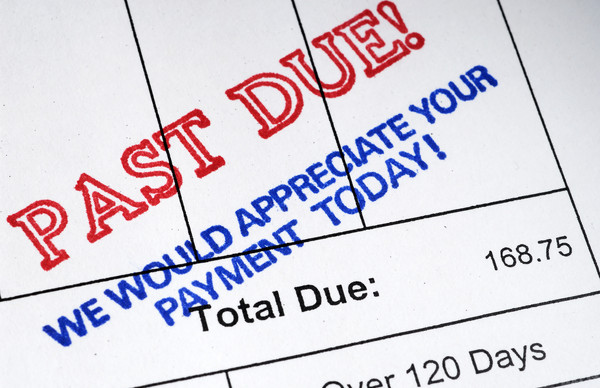Top 10 Debtors’ Rights

As a consumer, you may be surprised and taken out of your element when you fall behind on bills and are harassed regularly by persistent debt collectors. While this can add to your stress overall, certain practices are also illegal and you have certain rights to protect yourself against them under the Fair Debt Collection Practices Act. Here is a quick look at the rights you’re afforded under this law.
- Must Send Written Notice: You have a right to get it in writing. No less than five days after first contact, your debt collector needs to send you written notice of your debt amount and who is claiming it against you, as well as what will happen if you contest the claims.
- No Continued Calls: While creditors can call your house about the bill, they can’t do it all day long and drive you crazy. If they are calling you repeatedly back to back, this is harassment.
- No Abusive Language: The debt collector can’t start cursing you out about the bill, or use verbal threats, or give false information that you would be criminally responsible for not paying your bill.
- No Calls to the Office: If debt collector calls to your office are causing you problems at work (and jeopardizing your ability to pay those bills!), you can make it clear that phone calls at work are not permitted and they must comply.
- No Calls at Midnight. Without your express permission, your debtors cannot contact you before 8am or after 9pm in your time zone. Even owing lots in debt does not prevent you from the right to a good night’s sleep.
- No Public Shaming. While your debt collector can contact your friends and family to find out how to reach you, they cannot tell that they are doing so to collect on a debt.
- No Artificially Inflated Debts: This one sounds obvious, but is important to note—the debt collector cannot go after more money than you owe on a debt.
- No Empty or Actual Threats: Unless they intend to do so, debt collectors cannot threaten to sue you, and can never threaten to have you arrested for not paying your debts.
- No More Contact: If you formally send writing for no further contact from a debt collector, they must honor that request. If you do not believe you actually owe the money, you should state that in the letter. ‘No contact’ does not erase the debt and you are still liable to suit, but it stops the calls.
- Must Prove Claims: Unless the debt collector can verify the debts you dispute, they cannot begin calling to collect until they provide this information in writing.
The best consumer is an educated consumer, but this is exactly what unethical debt collectors are banking on you not understanding. For more information on your rights and on what considerate and fair debt collection looks like, contact us at 800-223-6259 today.

